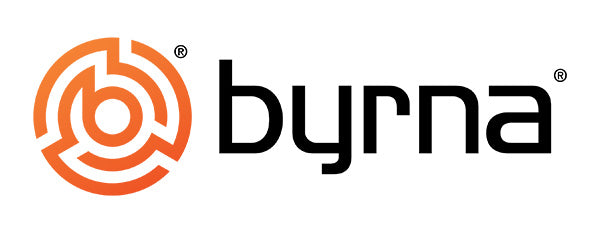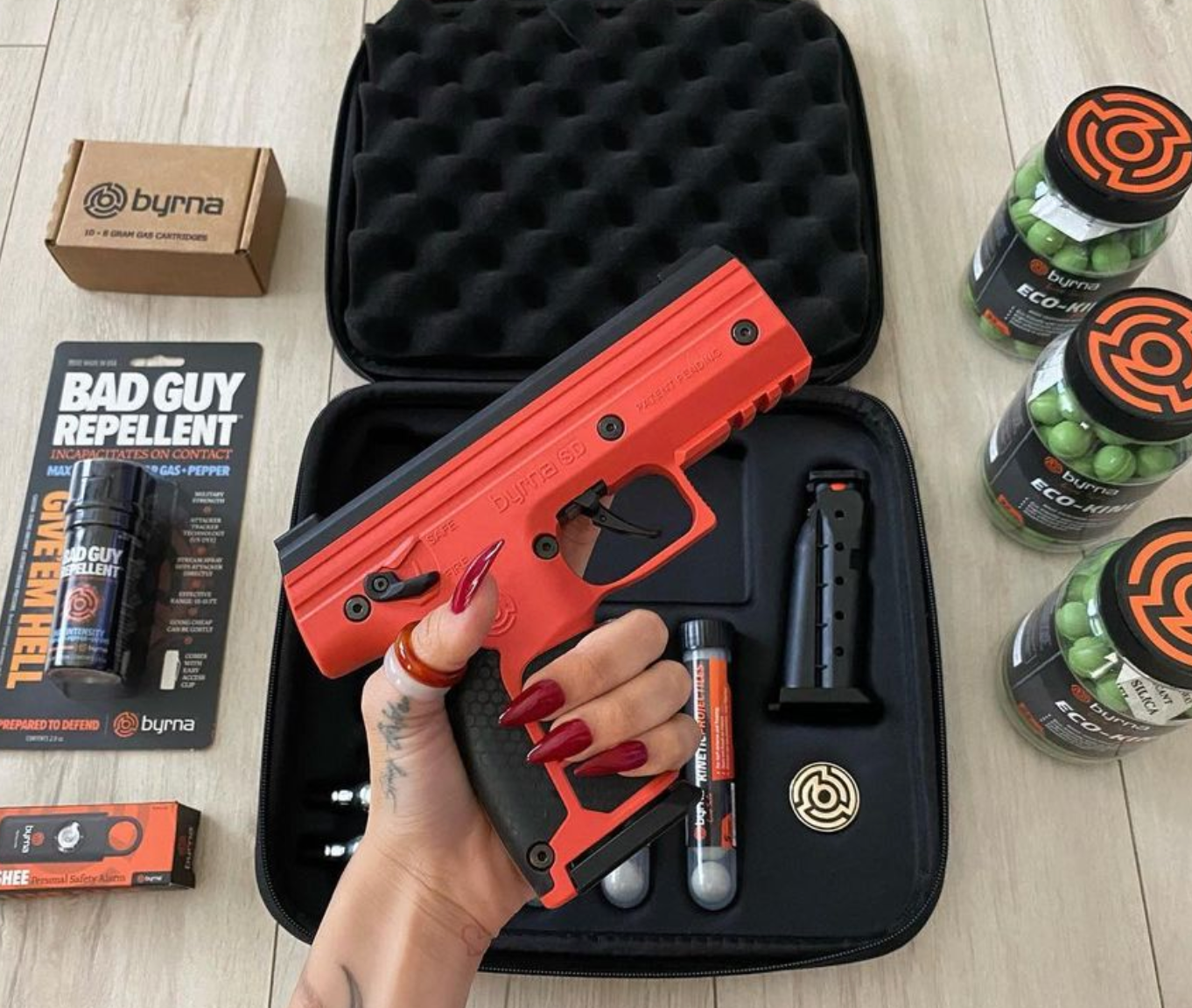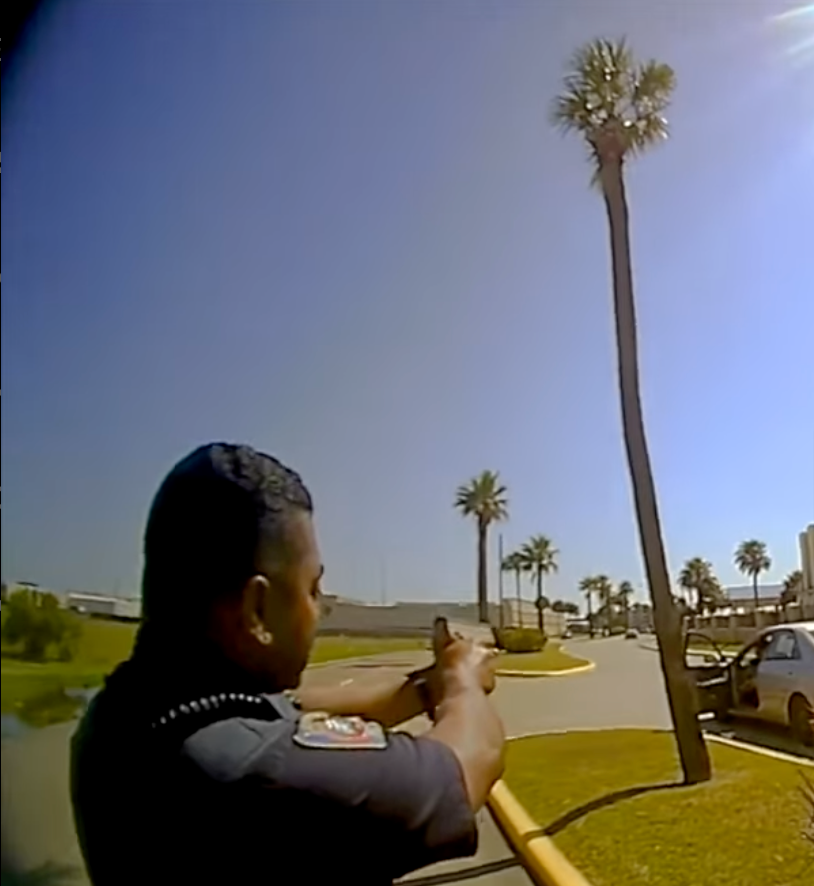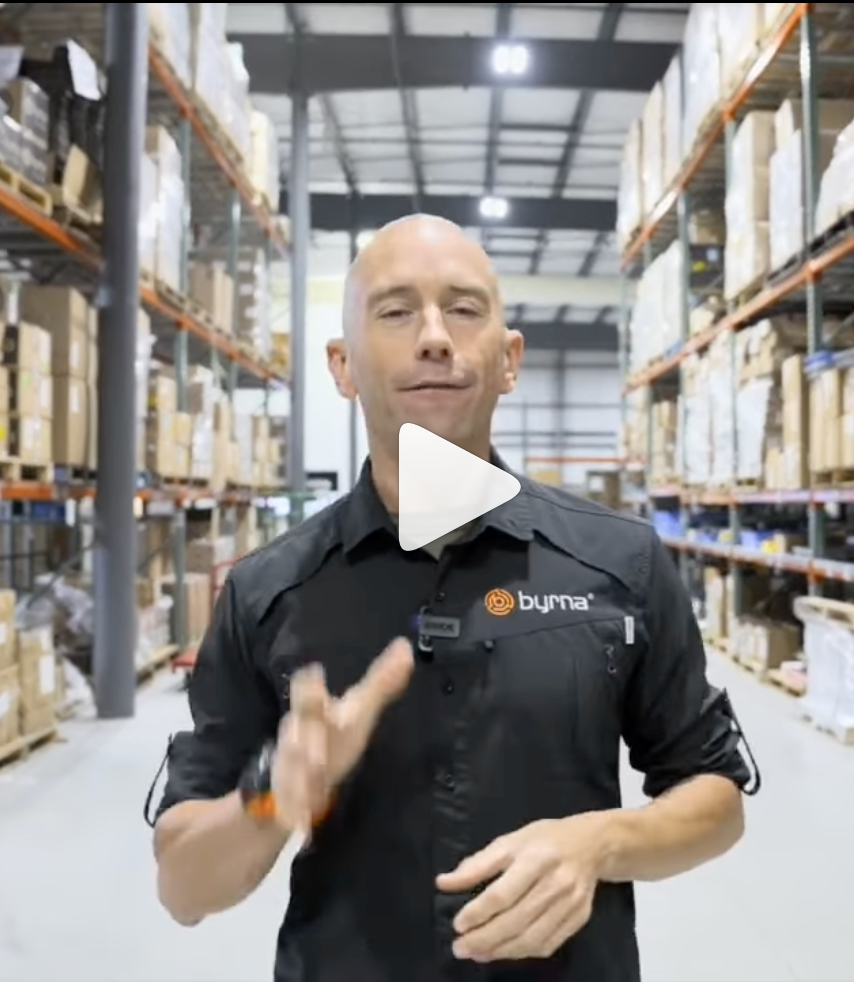
Your safety depends on how well you can see what's happening around you. Soldiers, police officers, and firefighters use situational awareness skills to stay alive. And they help keep others safe, too! You probably already use some of these core skills without even realizing it. You check your mirrors while driving or scan a parking lot at night.
What you'll find below are some battle-tested and proven ways to improve your awareness skills! You can start these methods right away in your schedule.
These techniques will sharpen your natural ability to spot problems before they happen. Plus, you'll feel more confident and in control when you're walking through a crowded area or handling a hard situation at work.
Ready to level up your awareness game? Let's talk about these useful strategies that could one day save your life!
Table of Contents
Learn About Your Environment
You have to actively engage your senses to stay aware of your surroundings. Too many people walk through life glued to their phones or lost in thought. They leave themselves exposed to potential threats and miss the facts around them.
Each setting will need a different level of attention from you. You'll need to be more alert in a packed subway station than in a quiet office. In busy locations, your brain has to manage multiple tasks at once. You need to locate exits, find suspicious behavior, and plan escape routes.
Military personnel depend on a simple yet useful "stop, look, and listen" strategy to quickly find information about their environment. You, too, can apply this same strategy in your life. With enough practice, it'll become automatic.
Real-life stories show why staying alert matters. A quick-thinking bank teller saw something unusual and stopped a robbery before it happened. One office worker spotted smoke before any alarms went off. An observant jogger avoided an attack by noticing someone trailing behind. These people stayed safe because they paid attention to what was happening around them.

Your awareness plans should match up with where you're at. You'll need different approaches for a packed nightclub versus a remote hiking trail. In urban settings start with watching people's behavior and learning about escape options. Out in nature watch for changing weather patterns and dangerous terrain.
Smart business people use it to read the mood during meetings. Teachers see when their students are struggling. Athletes expect their opponent's strategies before they happen.
Improving your senses takes time and dedication. Start small by putting your phone away when you're walking somewhere unfamiliar. Listen to the sounds in your environment and watch how people move around you. Pay extra attention to anything that seems out of place.
Some locations naturally put you on high alert, like dark parking lots, which trigger your survival instincts. Other areas like busy shopping centers might not raise red flags, though they deserve just as much caution. It's good to learn to stay alert even in comfortable settings.
Improve Your Observation Skills
Your awareness actually starts with how your brain processes the information around you. You can see only about 10% of what's happening near you at any given second. Your brain filters out the items it thinks don't matter. You'll need lots of practice and patience to train yourself to see more of your surrounding environment.
You can improve your observation skills with some easy exercises. When you take your morning commute, look around for specific colors or patterns that interest you. When you're out in locations, notice what people are wearing or carrying with them. After leaving a room or space, try describing everything you can remember seeing there.
Military and police experts use something called the SLAM strategy to keep track of what's going on. First, you stop what you're doing and start with your surroundings. Then, you look at everything from different angles to get the full picture. Next, you find anything that could be dangerous. Finally, you choose what actions to take regarding those hazards.

Being completely present in each second helps you stay aware of your surroundings, too. Don't pull out your phone while walking or hanging out in public spaces. Take out those headphones and listen to the world around you instead. Watch how people move and interact in shared spaces.
Your gut feelings usually warn you about potential dangers before your conscious mind catches up. These instincts come from your subconscious picking up on small facts you might not see right away. When you follow these feelings, it'll help you stay away from risky situations before they become real problems.
When you practice mindfulness each day, it'll improve your observation abilities. Set aside a few minutes to focus completely on what's happening around you. Take note of the temperature, sounds, smells, and everything you can see without judging them. This gets your brain used to processing more information automatically.
Active feedback helps you understand your surroundings, too. Notice the conversations happening near you without being obvious about it. Listen for changes in how people speak and changes in their tone. Look for any body language that might show tension or problems brewing.
Use Technology Wisely
Modern technology changes everything about how you stay aware of what's happening around you. Your smart devices and sensors now track all sorts of items in real time. From the weather outside to how many people are in a crowd! You now have access to information that would be impossible to detect just by looking around.
Your apps and wearable tech improve with each passing year. When you wear a smartwatch, it keeps an eye on your heart and alerts you if something seems off. The AI in your security cameras detects anything suspicious and sends a message straight to your phone. You'll know about problems faster than ever before, too!

Yet going all-in on technology isn't always the smart choice. Your devices might stop working or die right when you need them most. Being bombarded with notifications all day long makes it hard to place what matters. You need to balance between useful tech and keeping your own awareness sharp.
Many locations already use technology in their safety plans. At concerts, security teams catch problems early by watching camera feeds and checking crowd sensors. They also monitor social media. Cities do something similar, too. They use this tech to keep traffic moving and send help faster during emergencies.
Think about what you actually need when picking awareness tools. If you drive deliveries all day, GPS and traffic alerts could be useful additions. But if you work in security then you'll probably want advanced cameras and motion detectors instead. Just remember - useful tech should make your natural awareness better, not replace it completely.
The Internet of Things ( IoT) opens up new ways to stay well-informed. Your connected devices share info instantly across networks. Everyone on your team sees the same updates at the same time. This comes in handy for emergency teams working together during a crisis.
Edge computing makes these tools work even better in remote areas. Your data gets processed right where you're instead of traveling to far-away servers. Everything happens faster and more reliably.
Asset tracking lets you keep tabs on all your equipment and people. You'll always know exactly where your gear is and who had it last. During emergencies, these systems help you quickly find everyone on your team who could be in danger.
Try Mindfulness and Focus
Being present means you usually see what's going on around you right now. You'll see more facts about your surroundings and respond in ways that actually make sense! And people think mindfulness sounds tricky. But all you need to do is start with what's happening in this exact second.
When you start a mindfulness practice, it doesn't have to be a big deal - just take some deep breaths. Here's what you can do - breathe in slowly through your nose while counting to four. Next, hold onto that breath for another four counts. Then, let it flow out through your mouth in a gentle and slow way. Just like that, you're more tuned in to the present second.
Recently, you've probably been bombarded with activities fighting for your attention. Your phone keeps buzzing, there's noise everywhere, and your thoughts are running wild. This pulls you away from the now. That's why turning off those distracting notifications and finding some peace and quiet will help you stay in the second.
Meditation helps improve your awareness, too! You don't need much - just five quiet minutes each day will work well. Take a look at how your body feels and what sounds are floating around you. Your mind will probably wander (that's normal). Just guide it back to your breathing when it does.

Body scanning is another useful way to help train your brain to catch those soft facts. Start by paying attention to your toes. Then, slowly work your way up through your whole body. You'll see areas where you're holding tension, warm or cool places, and other interesting sensations. This improves your observation game.
Tuning into your senses throughout the day will improve your awareness. Feel the warmth of your coffee mug in your hands. Listen closely to the traffic sounds during your commute. See how the ground feels under your feet as you walk.
The morning time works for mindfulness practice. Those quiet hours before the day gets busy are perfect for meditation or breathing exercises. When you start your day this way, it keeps you more aware right through until bedtime. Even just ten minutes in the morning makes a real change.
When you stick with mindfulness, it changes how you experience everything around you. You'll start finding small facts in your environment that you missed before. You'll pick up on soft changes in how people act. Instead of just reacting automatically, you'll find yourself responding more to situations.
Review and Adapt
Situational awareness will need regular practice and regular checkups to stay useful. You need to actively test and adjust your awareness methods. Just like you would keep up with those gym workouts to stay at your fitness level!
People can get too comfortable with their latest awareness habits. This false sense of security puts you at real danger when issues strike. As your surroundings change, your awareness plans should evolve too. The strategy that kept you safe at your previous workplace might leave you vulnerable at your new one.
Checking your awareness level is quick and easy. Keep a small notebook handy and jot down the moments when you miss facts or something catches you off guard. Take a look at common distractions, too - like your phone notifications or daydreaming during meetings!
The success stories show why flexible awareness works. One Chicago hospital made their nurses do quick environment scans during shift changes. Patient accidents went down 40% in just three months.

More and more workplaces now build awareness checks into their schedules. Factory employees spend five minutes at the start of each shift scanning their work area for dangers. Security teams also switch up their patrol routes to stay alert and avoid falling into predictable patterns.
Your brain naturally looks for shortcuts to conserve energy. While you might think you're staying alert, your mind usually fills in gaps with expectations instead of reality. Regular awareness practice helps you fight this mental laziness. Quick checks now prevent serious problems down the road.
Just as pro athletes review game tapes to improve their performance, you should analyze your awareness habits too. Looking back at past reactions helps you spot patterns in your behavior. You might realize you're less observant after lunch breaks or during early morning meetings.
Each environment needs its own level of awareness. A peaceful office doesn't need the same intense watching as a busy construction zone. Changing your alertness based on the situation helps conserve mental energy and keeps you sharp when it counts.
Protect Yourself and Your Family
Your ability to stay safe can develop over time. You'll see positive results at home and at work! When you look at what's happening around you and make better decisions, you'll naturally feel more confident and protected. Take some time to think about your schedule - which activities need a safety upgrade? What safety habits already feel natural to you?

When you have dependable safety gear to protect you, your family can work together to stay alert and aware. That's where Byrna Technologies comes in. We create useful, less-lethal defense tools that keep you safe without the complications of owning a gun. You'll like the smart features like our CO2 cartridge system that makes our products dependable whenever danger strikes.
We have everything from our popular pistols and rifles to pepper sprays, alarm systems and protective gear like our Ballistipac backpacks! You can pack most Byrna products in checked bags when you travel. Just leave the CO2 cartridges at home. Visit Byrna.ca to explore all your options and see why thousands of customers give us good reviews.




